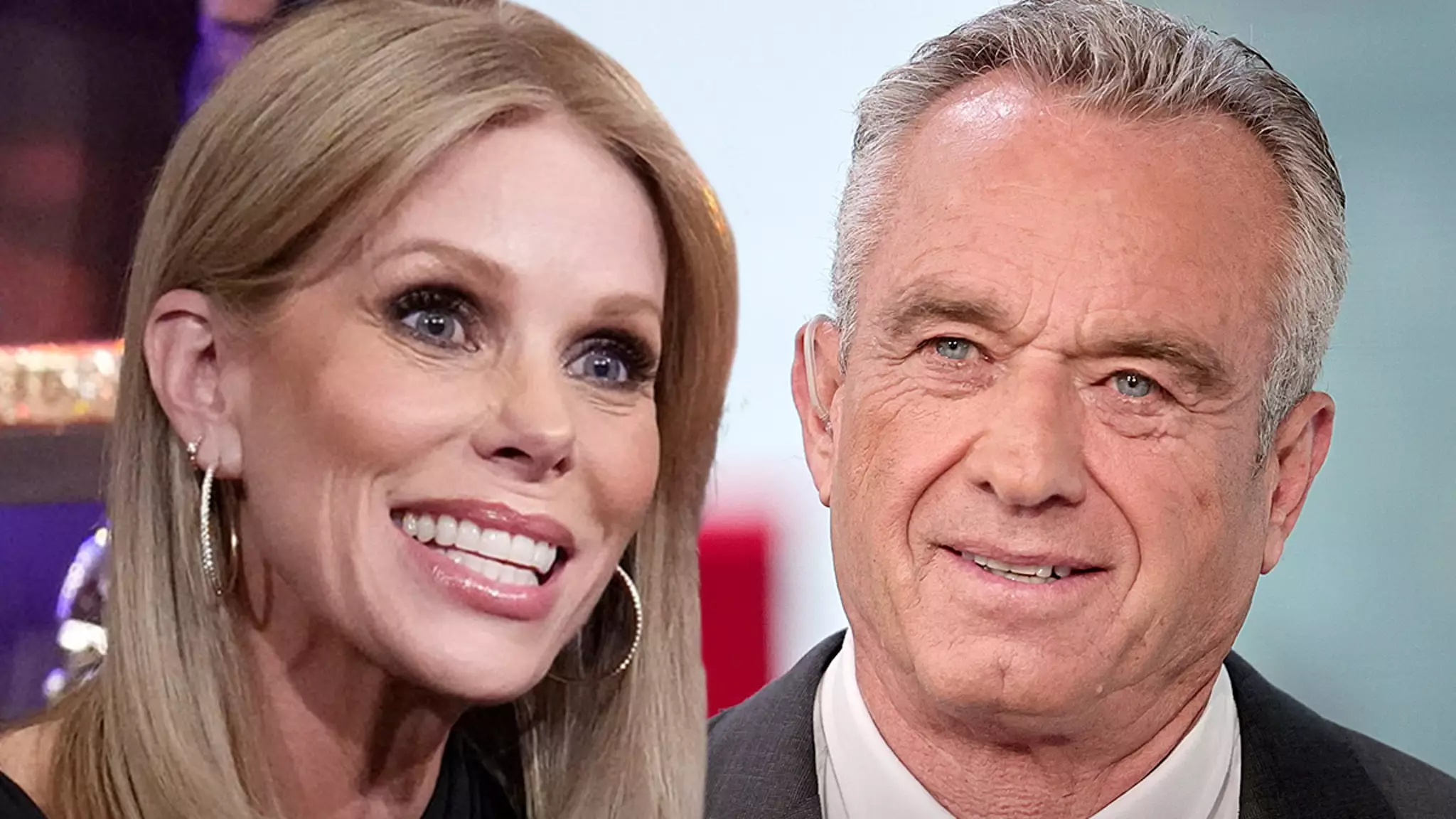In the world of American politics, few relationships are as captivating as that of Cheryl Hines and Robert F. Kennedy Jr. Their recent appearance together at Mar-a-Lago signals a significant shift not only in their personal lives but also in their political affiliations. Hines, a lifelong Democrat, appeared joyful and supportive during an event for Donald Trump’s cabinet nominees, including her husband as a candidate for Health and Human Services Secretary. This development raises questions about the nature of political allegiance in a deeply divided nation, particularly when personal relationships are at stake.
Only months prior, Hines voiced concerns about the future of her marriage amid speculation that RFK Jr. might join Trump’s campaign as a running mate. During an appearance on “TMZ Live,” she suggested that their marriage could be at risk if such a partnership materialized. Fast forward to now, and the political climate has dramatically changed. Robert F. Kennedy Jr. has since withdrawn his presidential aspirations and has fully embraced the Trump campaign, a pivot that seems to have galvanized Hines’ support. This metamorphosis raises eyebrows—how do ideological differences reconcile in a marital context, especially when it comes to the contentious figure of Trump?
Rumors of a potential split surfaced amid allegations of infidelity involving RFK Jr., but the couple has remained seemingly united throughout the turbulence. Various sources have indicated that despite the tumult, Hines has remained steadfast in her commitment to her husband. This indicates a formidable bond that transcends the ups and downs of political life. Rather than succumbing to the pressures of public scrutiny, the couple has chosen to present a united front, suggesting that their relationship can withstand external challenges.
The acceptance of a cabinet position for RFK Jr. within a Trump administration raises significant implications for both him and Hines. It demonstrates how personal relationships can influence political dynamics and vice versa. This partnership illustrates the complexities of political allegiance; it challenges the notion that partisan lines are rigid and unyielding. While it may be easy to categorize individuals based on party affiliation, Hines and Kennedy serve as a reminder that personal connections can create unexpected alliances that defy conventional wisdom.
As Cheryl Hines and Robert F. Kennedy Jr. step into a new chapter together, their story serves as a case study in how love can transcend political differences. Their alliance is a testament to the evolving nature of relationships and ideologies in the contemporary political environment. The couple’s journey prompts observers to reconsider the rigid boundaries that often define political identities. Whether this newfound unity is durable remains to be seen, but their relationship undeniably encapsulates the unpredictable nature of personal and political landscapes in America today.


Leave a Reply